How To Decide What Kind Of Business To Start
:max_bytes(150000):strip_icc()/starting-own-business-1200678-Final-edit-050e3ef116174733a310b081c943fb37.jpg)
The entrepreneurial itch. It’s a powerful force, driving countless individuals to dream of forging their own path, building something from the ground up. However, the path from idea to thriving business is paved with critical decisions, the first and perhaps most crucial being: what kind of business should I start?
The answer isn't a simple formula. It demands a deep dive into self-assessment, market analysis, and a realistic understanding of the challenges ahead. This article will explore the essential steps and considerations for aspiring entrepreneurs grappling with this pivotal question, drawing on expert advice and industry data to provide a comprehensive guide.
Understanding Yourself: The Foundation of a Successful Venture
Before even considering market trends or potential profits, a thorough self-assessment is paramount. What are your passions? What skills do you possess? What truly motivates you to get out of bed each morning?
Identifying your strengths and weaknesses is equally important. Do you excel at sales? Are you a natural leader? Or are you more comfortable with the intricacies of operations and logistics? Understanding your limitations allows you to either acquire the necessary skills or delegate those tasks to others.
Furthermore, consider your lifestyle goals. Are you seeking financial independence above all else, or do you prioritize flexibility and work-life balance? The type of business you choose should align with your overall vision for your future.
Analyzing the Market: Identifying Opportunities and Minimizing Risks
Once you have a clear understanding of yourself, it's time to turn your attention to the market. What needs are currently unmet? Are there existing products or services that could be improved upon? What are the emerging trends shaping the future of your industry?
Market research is crucial at this stage. Explore industry reports, analyze competitor strategies, and engage directly with potential customers to gather feedback. The Small Business Administration (SBA) offers resources and guidance on conducting market research, emphasizing the importance of understanding your target audience and identifying your competitive advantage.
“The biggest mistake I see entrepreneurs make is failing to validate their idea with real customers before investing significant time and money,” says Maria Contreras-Sweet, former SBA Administrator. “Talk to potential customers, get their feedback, and be prepared to pivot if necessary.”
Evaluating Your Options: From Brick-and-Mortar to E-Commerce
The possibilities for starting a business are virtually limitless. From traditional brick-and-mortar stores to online marketplaces, each option presents its own unique set of advantages and disadvantages.
E-commerce, for example, offers lower overhead costs and a wider reach, but it also requires a strong understanding of digital marketing and logistics. A physical storefront provides a more tangible customer experience, but it comes with higher startup costs and geographical limitations.
Consider also the various business models available. Will you be selling products, offering services, or developing software? Will you operate as a sole proprietorship, partnership, or corporation? Each structure has different legal and financial implications, so it's important to consult with legal and accounting professionals to determine the best fit for your situation.
Financial Considerations: Funding, Profitability, and Sustainability
No discussion about starting a business is complete without addressing the financial aspects. How much capital will you need to get started? How will you fund your venture? What are your projected revenues and expenses?
According to data from the Bureau of Labor Statistics, approximately 20% of new businesses fail within the first year. A lack of adequate funding is a common contributing factor.
Explore various funding options, including personal savings, loans from banks or credit unions, angel investors, and venture capital. Develop a comprehensive business plan that outlines your financial projections and demonstrates the long-term sustainability of your business.
Looking Ahead: Adapting and Evolving in a Dynamic Marketplace
The business landscape is constantly evolving, driven by technological advancements, changing consumer preferences, and global economic forces. To succeed in the long run, entrepreneurs must be adaptable and willing to embrace change.
Continuously monitor industry trends, invest in ongoing training and development, and be prepared to pivot your business model if necessary. Cultivating a growth mindset and a willingness to learn from your mistakes will be essential for navigating the challenges and opportunities that lie ahead.
Choosing the right business to start is a journey of self-discovery and market exploration. By carefully considering your passions, skills, and financial resources, and by conducting thorough market research, you can increase your chances of building a successful and fulfilling entrepreneurial venture.
![How To Decide What Kind Of Business To Start How to Start a Business: A Startup Guide for Entrepreneurs [Template]](https://blog.hubspot.com/hs-fs/hubfs/tips-for-starting-a-business.png?width=1125&name=tips-for-starting-a-business.png)

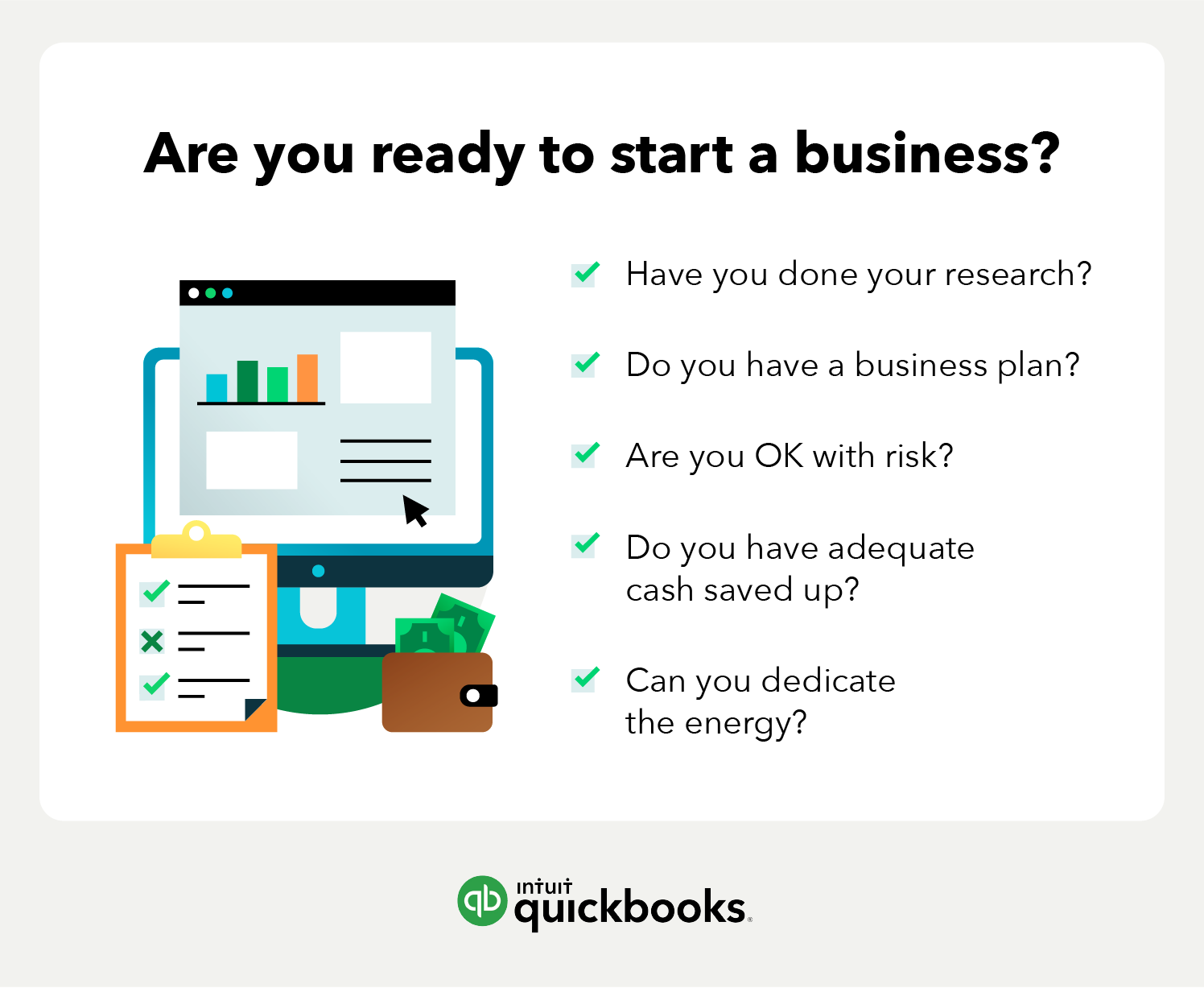
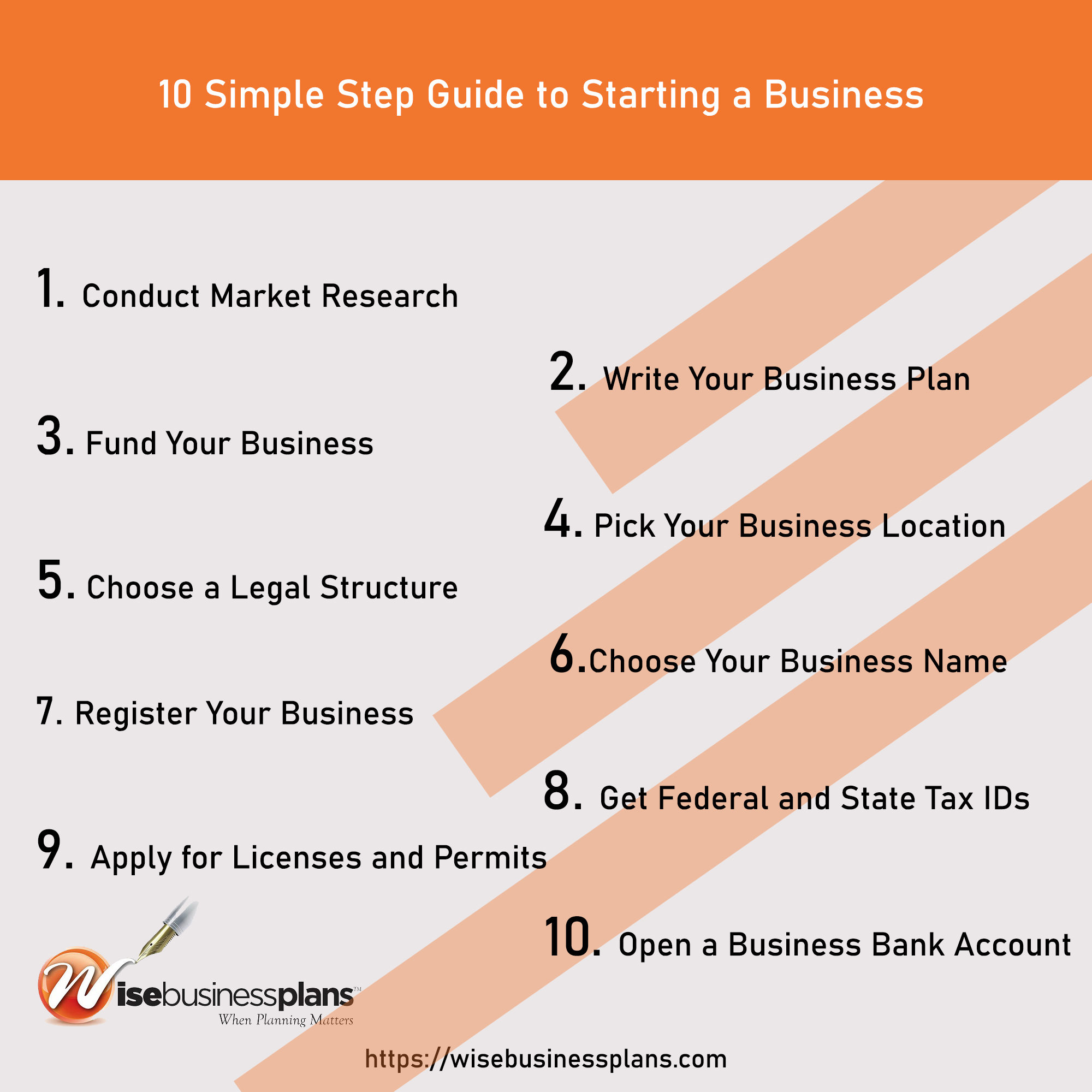
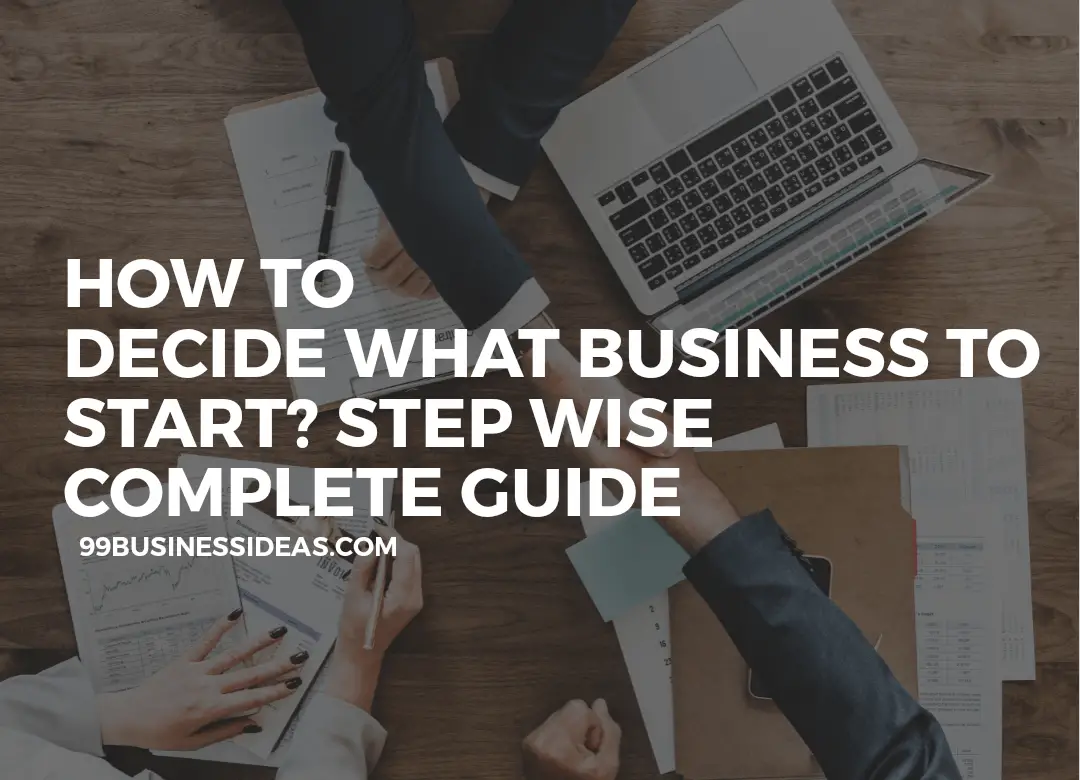



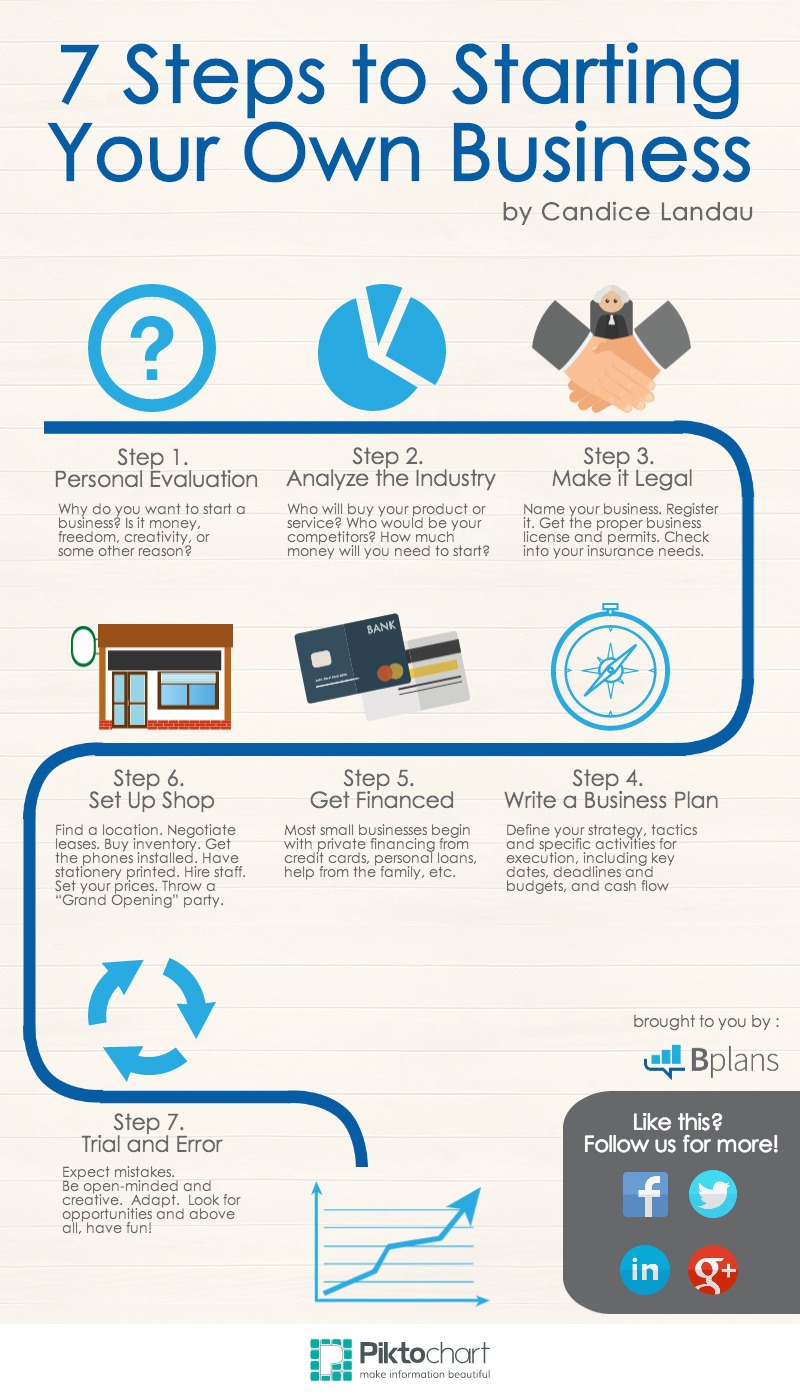

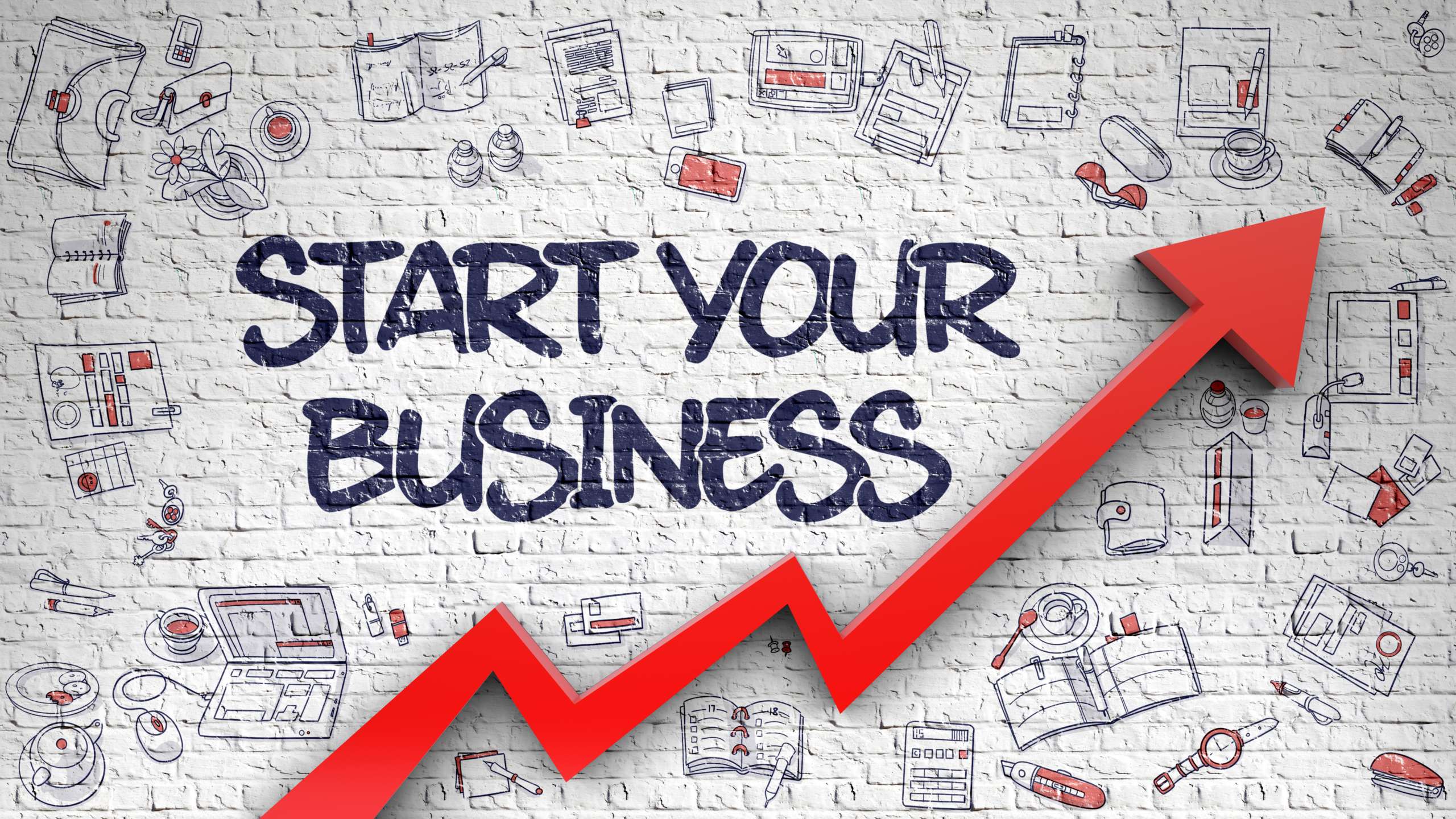
![How To Decide What Kind Of Business To Start How to Start a Small Business in 13 Steps [2024 Guide] - Step By Step](https://stepbystepbusiness.com/wp-content/uploads/2022/01/How-to-Start-a-Business_Profitable-1.jpg)
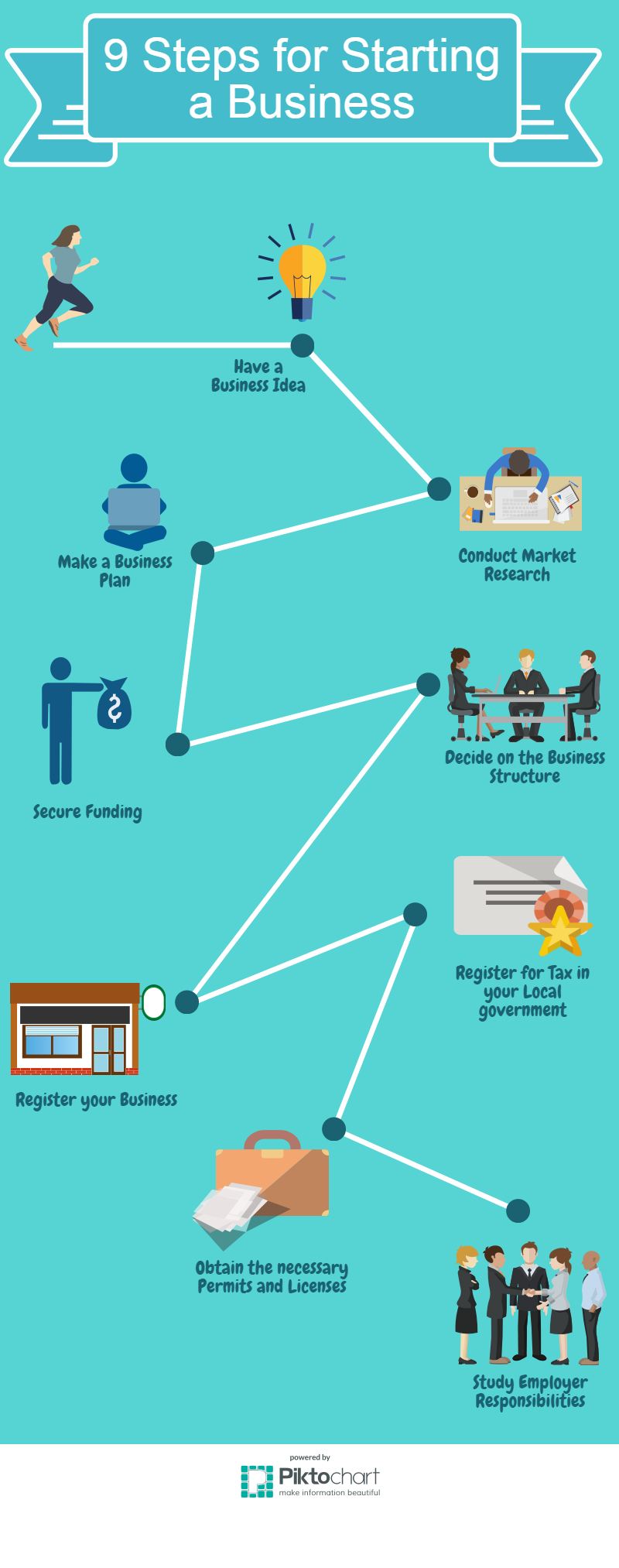
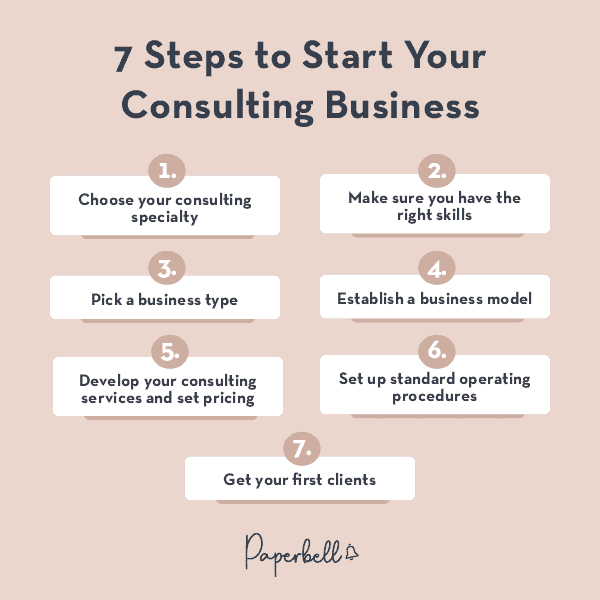

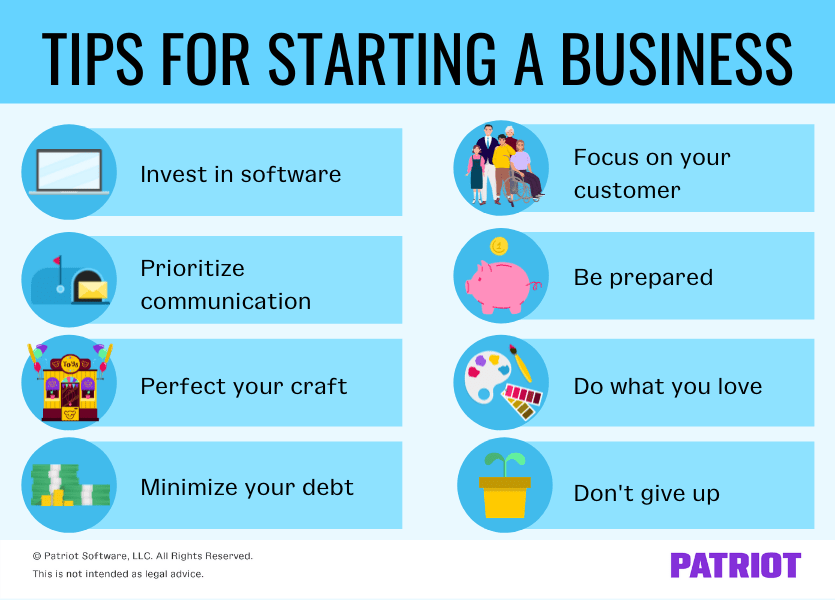
![How To Decide What Kind Of Business To Start How to Start a Small Business in 13 Steps [2024 Guide] - Step By Step](https://stepbystepbusiness.com/wp-content/uploads/2022/01/How-to-Start-a-Business_Trends-1.jpg)

